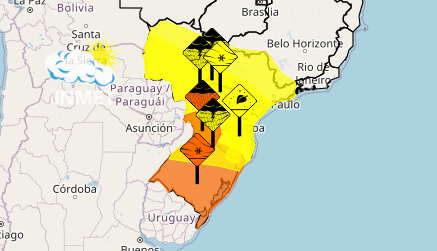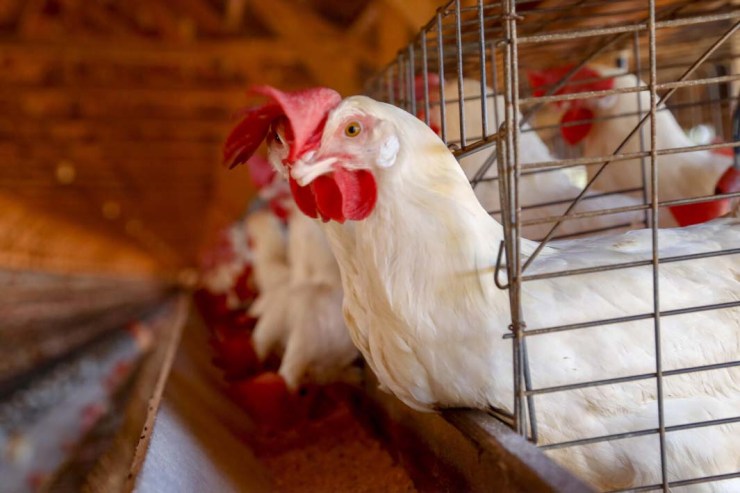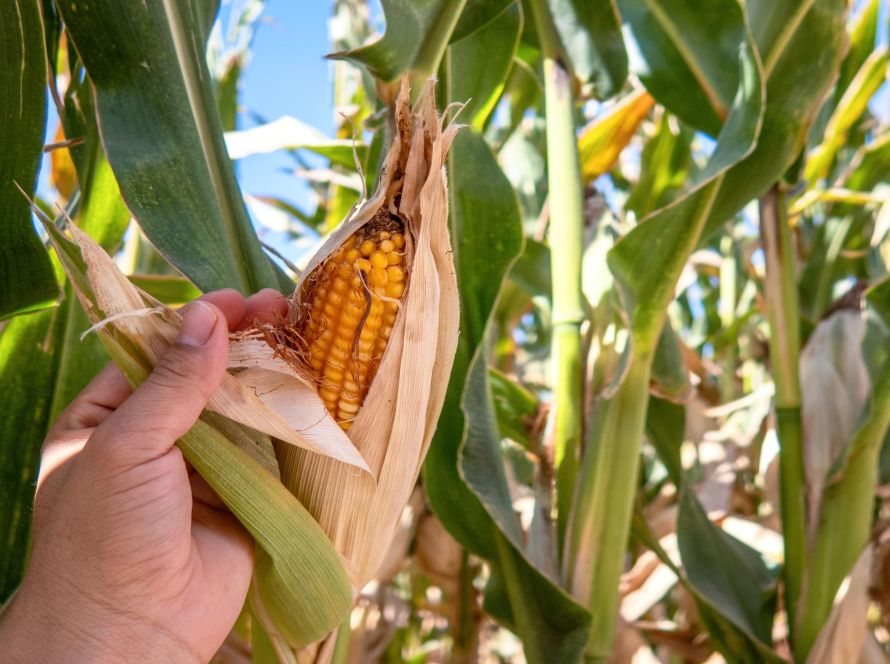The Mato Grosso Agriculture and Livestock Federation (Famato) participated, this Wednesday (17/09), in Brasília, in the public hearing promoted by the Foreign Relations and National Defense Committee (CRE) of the Federal Senate, which discussed Bill No. 4497, of 2024. The proposal changes legal provisions to establish procedures for ratifying real estate records resulting from alienations and concessions of public lands located in the border area, in addition to modifying points of the Public Records Law.
Representing the organization, Famato's legal advisor, Rodrigo Bressane, sat at the panel alongside Patrícia Arantes de Paiva Medeiros, executive director of the Brazilian Rural Society (SRB). During the hearing, a technical analysis prepared by Famato's land analyst, Dione Castro, was presented, providing a detailed overview of the land tenure situation in Mato Grosso.
The data reveals the scale of the challenge faced by rural producers in the state's border region. The total area of the border strip in Mato Grosso is 11.2 million hectares, of which 9.4 million are privately owned. Currently, there are 21,544 properties with an active Rural Environmental Registry (CAR) in the Mato Grosso Rural Environmental Registry System (SIMCAR), with 1,541 properties measuring more than 15 fiscal modules, subject to stricter certification rules with INCRA and the Land Management System (SIGEF).
The study highlights significant obstacles that have hindered the regularization process, such as low ratification rates at property registry offices, bureaucracy and slow document collection, and varying fees charged by technical managers, lawyers, and notary offices. Another barrier is the requirement for authorization from the National Congress for properties larger than 2,500 hectares located in border areas, which further lengthens the process.
By highlighting the situations observed in Mato Grosso, Famato reinforced the concerns of producers who depend on legal certainty to continue investing in productive activities. Among the points of Bill 4497/2024 highlighted by the organization are the mandatory communication between notary offices and INCRA, the requirement for clearance certificates and the Rural Property Registration Certificate (CCIR), and the provision that georeferencing for dismemberment or reassembly will only be mandatory starting December 31, 2028.
Rodrigo Bressane emphasized the importance of Famato's presence at the hearing to bring the producers' realities to the table. "Participating in this hearing is crucial to giving a voice to rural producers in Mato Grosso who live along the border and have faced historical difficulties in ensuring the legal security of their properties. Famato represents more than 33,000 producers who need clear rules, less bureaucracy, and more efficient real estate registration processes," he stated.
By contributing technically and legally to the legislative debate, Famato reaffirms its commitment to defending the interests of the productive sector and seeking solutions to reduce land insecurity in the border area, a strategic issue for the sustainable development of the state and the country.





